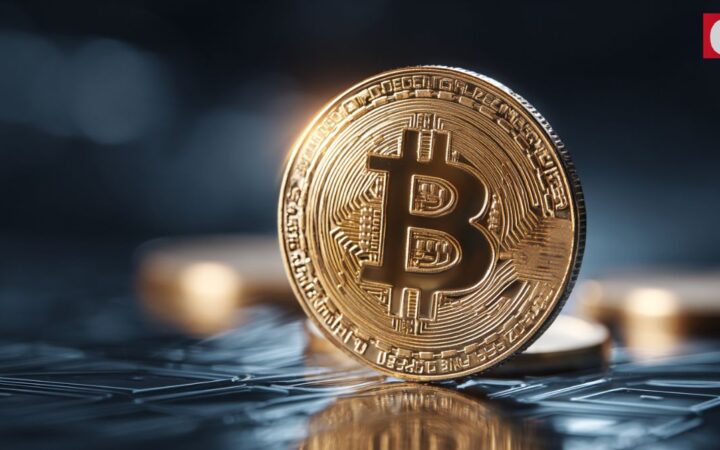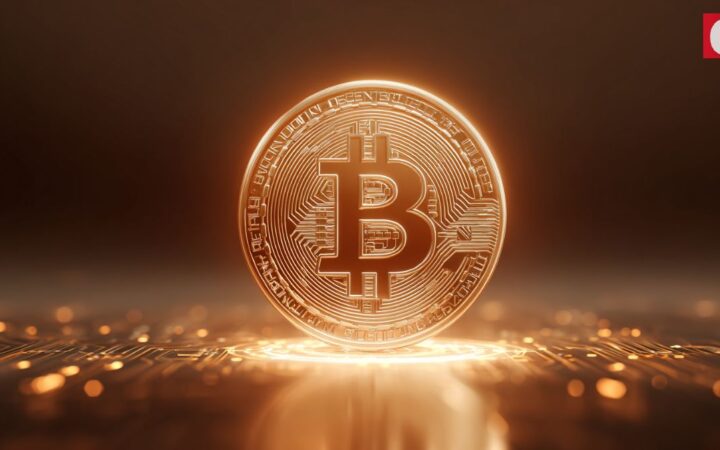
Darya is a crypto enthusiast who strongly believes in the future of blockchain. Being a hospitality professional, she is interested in finding the ways blockchain can change different industries and bring our life to a different level.
The hackers managed to receive over 400 payments in the scam, or $121,000 worth of Bitcoin. According to Tom Robinson, co-founder of cryptocurrency compliance firm Elliptic, the sum is quite low to become a historic one.

On Wednesday, famous people and companies became victims of a big Bitcoin (BTC) scam. It turned out that the attack brought Twitter hackers as much as $121,000 in Bitcoin.
On July 15, Twitter accounts of outstanding individuals and prominent companies were hacked. Twitter hackers posted Tweets requesting followers to send Bitcoin to a specific address. The first message appeared on the account of Tesla (NYSE: TSLA) CEO Elon Musk. After Twitter blocked the initial scam address, the alleged new one appeared in the account of Kim Kardashian.
The social networking company quickly removed many of these messages, but in some cases, similar tweets appeared again on the same accounts.
Twitter said:
“We are aware of a security incident impacting accounts on Twitter. We are investigating and taking steps to fix it, we will update everyone shortly.”
Twitter added:
We know they used this access to take control of many highly-visible (including verified) accounts and Tweet on their behalf. We’re looking into what other malicious activity they may have conducted or information they may have accessed and will share more here as we have it.
— Support (@Support) July 16, 2020
The other victims of the scam included Democratic presidential candidate Joe Biden, Amazon (NASDAQ: AMZN) CEO Jeff Bezos, Microsoft (NASDAQ: MSFT) founder Bill Gates, former U.S. president Barack Obama, and Kanye West. Among the companies that got involved in the scam, there were Apple Inc (NASDAQ: AAPL), Coinbase, and Uber (NYSE: UBER).
Currently, the Federal Bureau of Investigation (FBI) is carrying out an investigation into the scam. It has already found out that several employees who had access to internal systems had their accounts compromised in a “coordinated social engineering attack”. The attackers then used Twitter’s internal systems to tweet from high-profile accounts.
The hackers managed to receive over 400 payments in the scam, or $121,000 worth of Bitcoin. According to Tom Robinson, co-founder of cryptocurrency compliance firm Elliptic, the sum is quite low to become a historic one.
Robinson said:
“Given the scale of the compromise I don’t think that’s very much, but what we often see with these type of exploits is that the exploit itself can be very sophisticated but they’re not very good at monetizing it.”
Twitter hackers chose Bitcoin as the most convenient system for illicit activities. Being unregulated by the government and very private, Bitcoin attracts both honest investors and those who want to illegally make money on it. Therefore, you have to be very careful about buying the currency and conducting any transactions with it.
Mzu Rusi, VP of customer success at data security firm Entersekt, explained:
“The hackers chose bitcoin, which has been an attractive payment ecosystem for fraudsters to use for illicit transactions. Once a person sends the bitcoin payment, that transaction cannot be reversed. Only the person that received the payment can refund the money back to the person who made the payment.”
Despite the scam, BTC price remained largely unaffected, only dropping about 1% on Wednesday. In the last 24 hours, it has lost 0.40%. At the moment of writing, it is trading at $9,111 per coin. Bitcoin’s trading volume is $14.9 billion over the last 24 hours. Its market cap has totaled as much as $168 billion.
Disclaimer: Coinspeaker is committed to providing unbiased and transparent reporting. This article aims to deliver accurate and timely information but should not be taken as financial or investment advice. Since market conditions can change rapidly, we encourage you to verify information on your own and consult with a professional before making any decisions based on this content.

Darya is a crypto enthusiast who strongly believes in the future of blockchain. Being a hospitality professional, she is interested in finding the ways blockchain can change different industries and bring our life to a different level.




